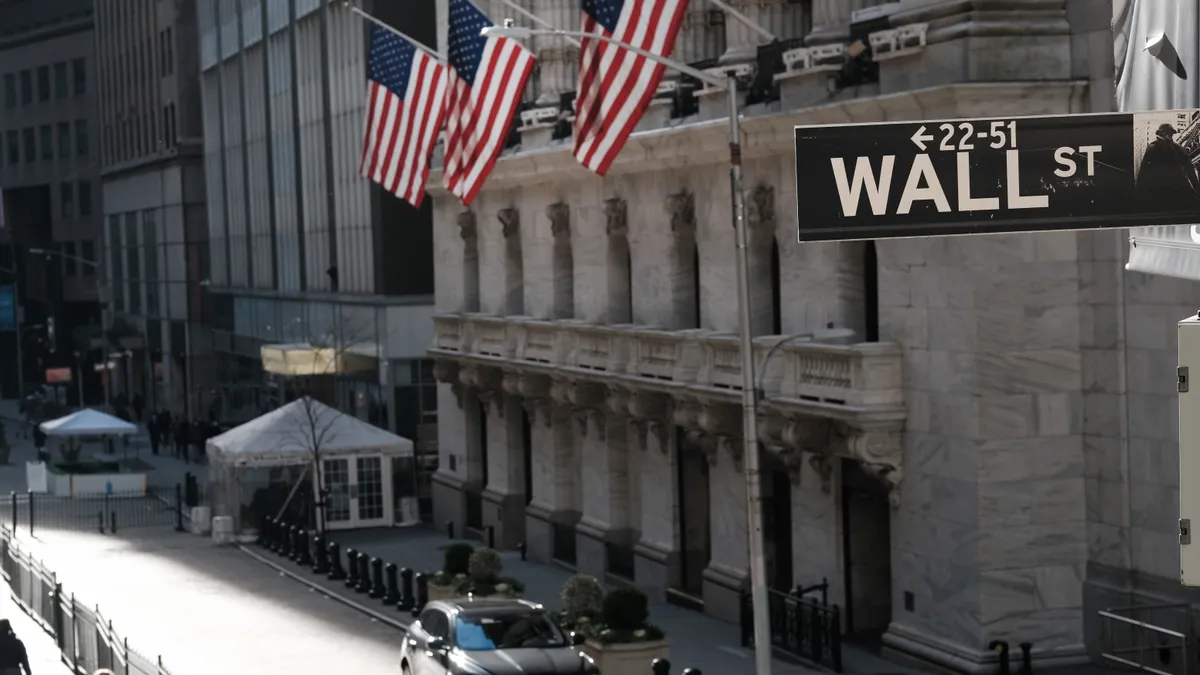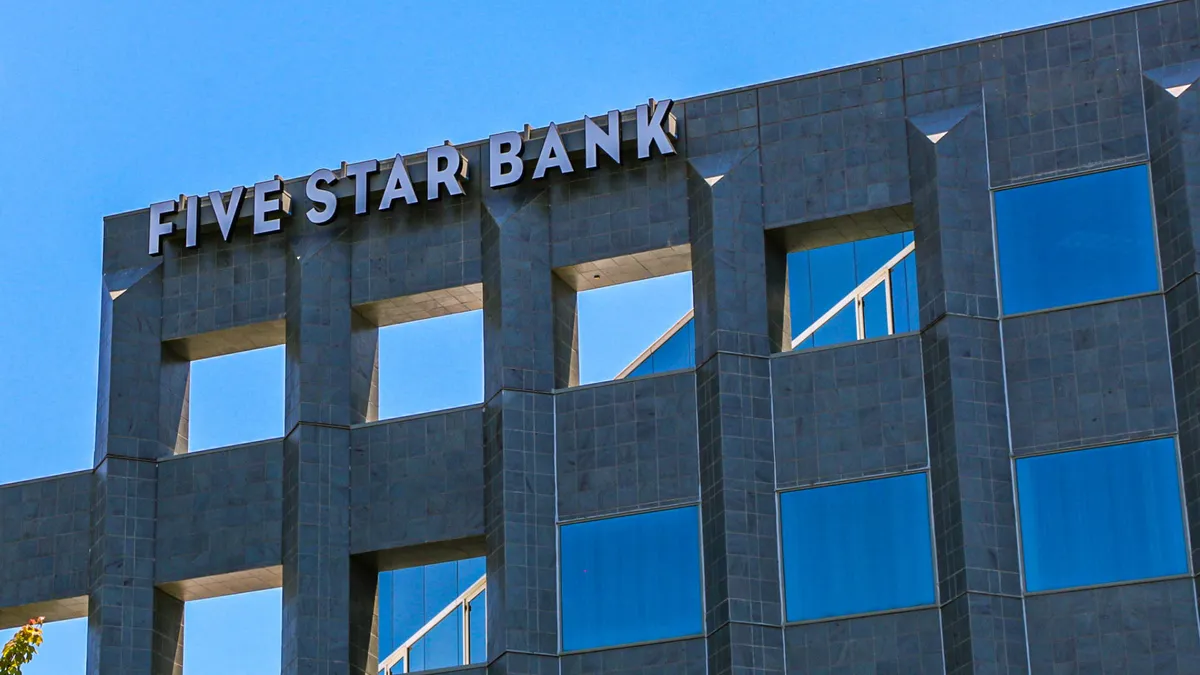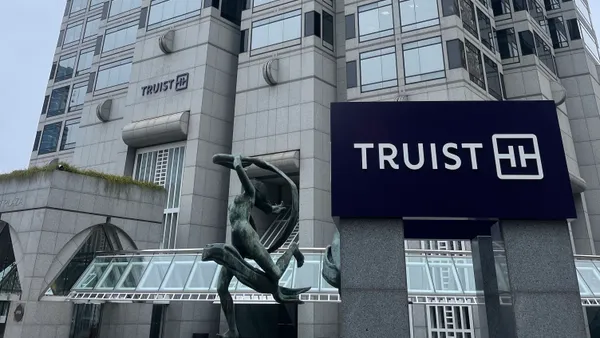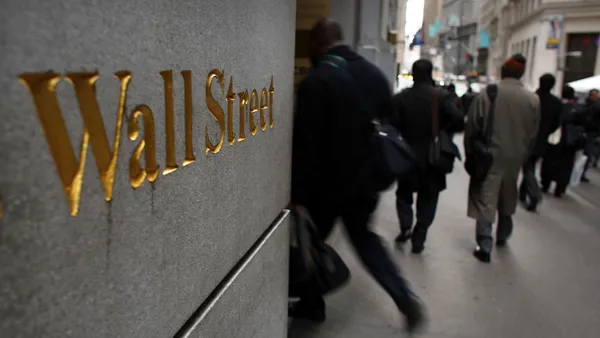Dive Brief:
- Wall Street bankers took home an average bonus of $257,500 in 2021, up 20% from a record set a year earlier, according to a press release the Office of the New York State Comptroller published Wednesday.
- The estimated bonuses were buoyed by low interest rates and a record-setting initial price offering (IPO) market last year, leading to lower interest expenses and higher underwriting, account supervision and investment advisory fees.
- The surge in pay may prove temporary, however, as economic recovery from the pandemic stagnates in some sectors and market turbulence abounds amid the Russian invasion of Ukraine.
Dive Insight:
Pay consultancy Johnson Associates predicted in November that Wall Street bankers and traders could see their biggest boost in bonus pay since 2009, with the firm expecting investment banking underwriters to see jumps of 30% to 35% in 2021, compared with 2020.
As it turns out, the average $257,500 bonus is the highest since 2006, according to Reuters. The bonuses were higher than expected in 2021, trumping the 15.7% figure the comptroller's office projected, and affording the city higher income tax revenue.
“Wall Street’s soaring profits continued to beat expectations in 2021 and drove record bonuses,” New York Comptroller Thomas P. DiNapoli said in Wednesday's press release. “But recent events are likely to drive near-term profitability and bonuses lower. ... In New York, we won’t get back to our pre-COVID economic strength until more New Yorkers and more sectors — retail, tourism, construction, the arts and others — enjoy similar success.”
Both the city and state, however, predict incentive packages in the securities industry will fall by 16% this year on average, Reuters reported.
“We have a long way to go before we get to the end of 2022, but … I don’t think there’s any reason to assume that we’re going to break this record next year at this point,” DiNapoli told Bloomberg.
2021 marked at least the second consecutive year in which the average bonus grew by 20% or more. Bonuses rose 28% to an average $213,700 in 2020, according to figures from Business Insider and the Financial Times.
Meanwhile, the total bonus pool in 2021 grew 21% — from $37.1 billion to $45 billion.
The city’s securities industry counted 180,000 employees in 2021, down 5% from 2007 and 10% from its 2000 peak.
The average wage paid to employees in the city’s securities industry increased 7.7% to $438,370 in 2020, according to the press release — almost five times higher than the average in the rest of the city’s private sector. That disparity has grown since 1981.
Banks are consciously paying more to retain talent in a market that's seeing more workers switch jobs. Compensation costs at the nation’s six largest lenders rose 12% last year to nearly $178 billion, according to The New York Times.
New York City’s securities industry comprises 20% of the city’s private-sector wages, despite providing only 5% of the city’s private-sector employment, according to the press release.
The securities industry provides a major source of revenue for state and local governments, accounting for $14.9 billion, or 18%, of New York state's tax collections in fiscal 2021, and $4.7 billion, or 7%, of the city's fiscal 2021 tax collections.












